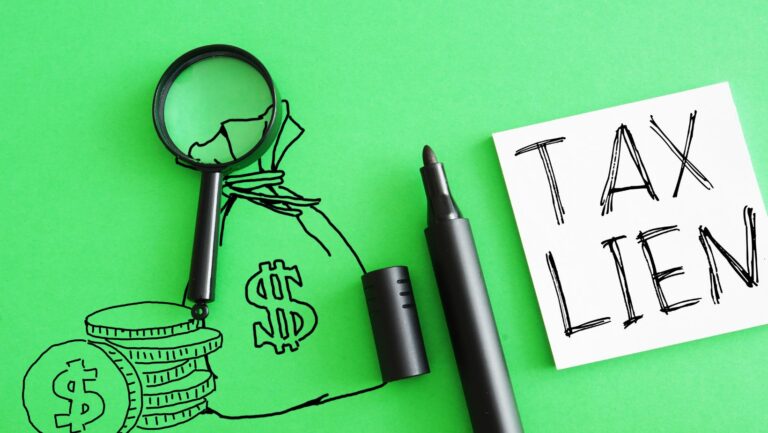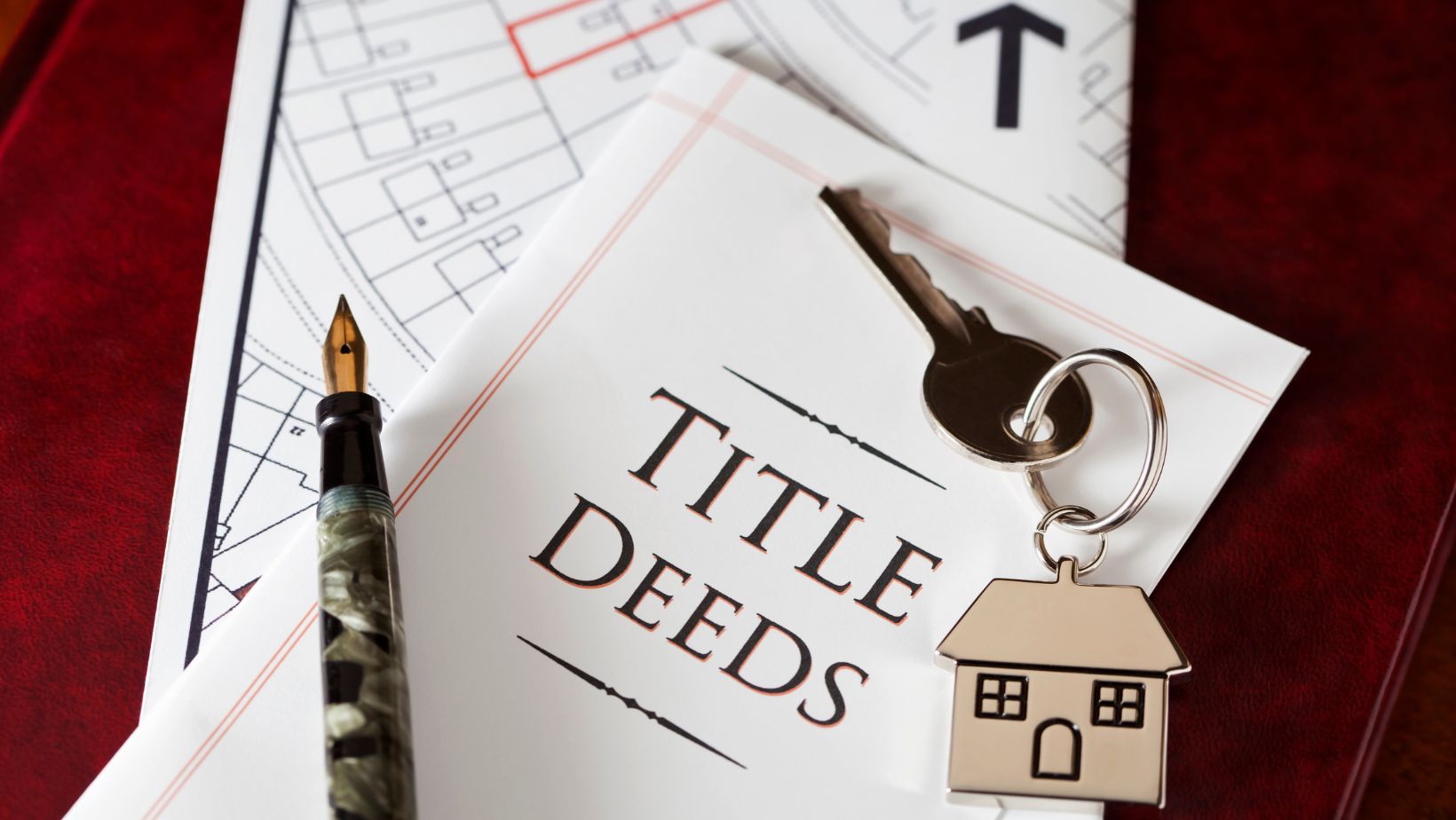Putting money into tax liens and deeds for real estate is not widely known, yet it can be profitable for investors who want to spread out their investment portfolio and gain from properties with financial issues. When you invest in a tax lien or deed, you buy the claims or the title papers of houses that have failed to pay property taxes; this action might lead to taking ownership of these homes if those taxes remain unsettled. Investing in property tax liens and deeds offers special benefits, though it comes with risks and complicated aspects for consideration. We plan to examine both the positive prospects and possible dangers of this type of investment.
Understanding Tax Liens and Deeds
You need to learn about the main elements of tax liens and deeds before considering where to invest your money. If homeowners do not pay their taxes on time, the local authorities can put a claim on their property as security for these unpaid taxes. People who invest money can buy these tax liens during public sales. They pay for the house owner’s taxes that have not been paid. In return, these investors get interest from the amount they put into this investment. Moreover, if the main owner does not clear the unpaid taxes, investors might get a chance to take over the property through foreclosure.
Opportunities in Tax Liens and Deeds
A big reason people invest in tax liens and deeds is because they can make a lot of money. Tax liens usually have set interest rates, which can be between 8% and 36% every year, giving investors a steady way to earn without much effort. Also, when you invest in tax liens, usually the investment is protected because it is connected to the property itself.
Additionally, when people invest in tax deeds, they can buy properties for less than the usual market price. This gives them a chance to see their property’s value grow a lot or to make money by renting it out. Buying houses that are not doing well at an auction lets investors get these places much cheaper than normal real estate deals.
Real Estate Investing Classes
To get better at investing in real estate tax liens and deeds and to lower the chances of mistakes, taking real estate investing classes can help. In these courses, you learn important things about different parts of investing in property, like tax liens and deeds. Students have the opportunity to study the legal structures, procedures for thorough investigation, methods of investing, and how to handle risks unique to investment in tax liens and deeds.
Risks and Challenges
Although there are possible benefits, putting money into tax liens and deeds comes with its own dangers and difficulties. A main risk is that property owners might pay off their tax debts, which could lead to investors getting back less profit than they hoped for. Moreover, people who invest can find buildings that have big problems underneath, like damage to the structure, dangers to the environment, or problems with laws.
Furthermore, going through the foreclosure procedure is complicated and takes a lot of time, especially in states that have strict rules or long periods for previous owners to buy back their properties. Investors need to do careful research to check the state and how easy it is to sell these houses before they make offers at auction sales.
Mitigating Risks and Maximizing Returns
To reduce the risks and to increase the profits from investing in tax liens and deeds, it is important for investors to have a careful plan.

They need to do detailed research on properties and study the local market carefully. Also, knowing the different laws and rules about tax lien and deed sales that are specific to each state is very necessary.
Moreover, to manage risk in tax lien and deed investments, it is important to diversify. When investors distribute their funds over various properties or different locations, they lessen the risk tied to any single property and boost the likelihood of success on a broader scale. Continuous learning and making connections with seasoned experts can offer important understanding and help for those investing in tax liens and deeds as they deal with the intricate aspects of this field.
Conclusion
Putting money into tax liens and deeds in the real estate market presents special chances for people who invest to gain good profits and buy properties that are not doing well for less than their usual value. But, investors need to be careful and thorough when they use this method because it has its own dangers and complicated aspects. By getting to know the details of tax lien and deed investment, doing careful background checks, and using ways to lower risks, investors have the chance to benefit from the possible gains of this different way of investing.





